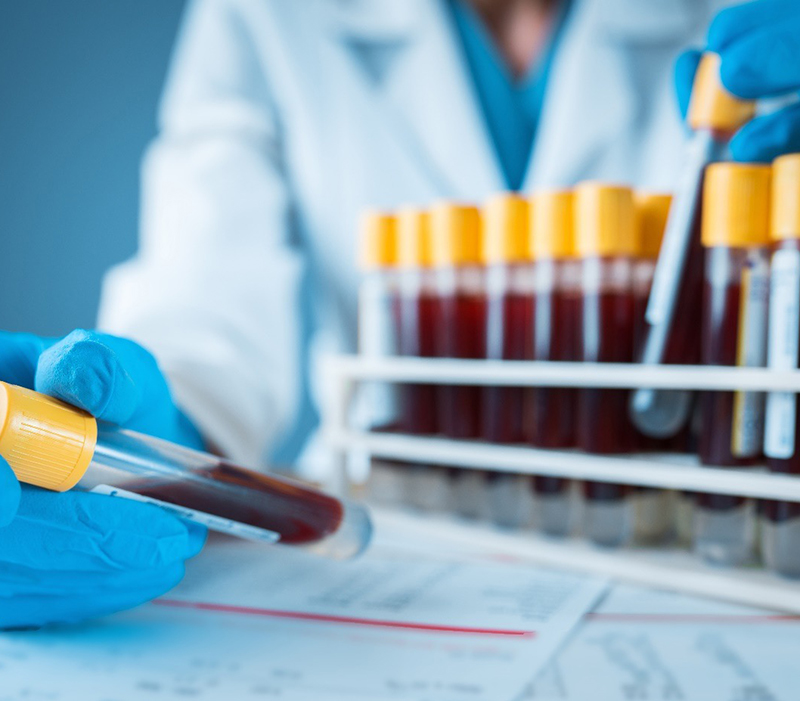Oncology is a branch of medicine that deals with the diagnosis and treatment of cancer. Oncology researchers play a critical role in the fight against cancer. They are responsible for developing new treatments, discovering new ways to diagnose cancer, and understanding why certain types of cancer are more common in certain populations.

Image source: Google
Qualifications Needed
Oncology researchers need to have a high level of knowledge in a variety of areas, including biology, chemistry, and genetics. They should also have excellent communication and problem-solving skills. Many oncology researchers have a Ph.D. in a related field, such as cell biology, molecular biology, biochemistry, or immunology.
Research Tasks
Oncology researchers are responsible for a wide range of tasks. They may conduct laboratory experiments to understand how cancer develops and grows, analyze data to identify trends and patterns in cancer incidence and mortality, and develop new treatments and therapies for cancer patients. They may also work with clinicians to design and implement clinical trials, and work with other researchers to develop new methods of diagnosing and treating cancer.
Career Opportunities
Oncology researchers can find many career opportunities in academia, government, and the private sector. They may work in research laboratories, hospitals, universities, or pharmaceutical companies. Many oncology researchers go on to become professors, directors of research laboratories, or medical directors in the private sector.
Conclusion
Those interested in a career in this field should have a high level of knowledge in biology, chemistry, and genetics, as well as excellent communication and problem-solving skills. There are many career opportunities in academia, government, and the private sector for oncology researchers.